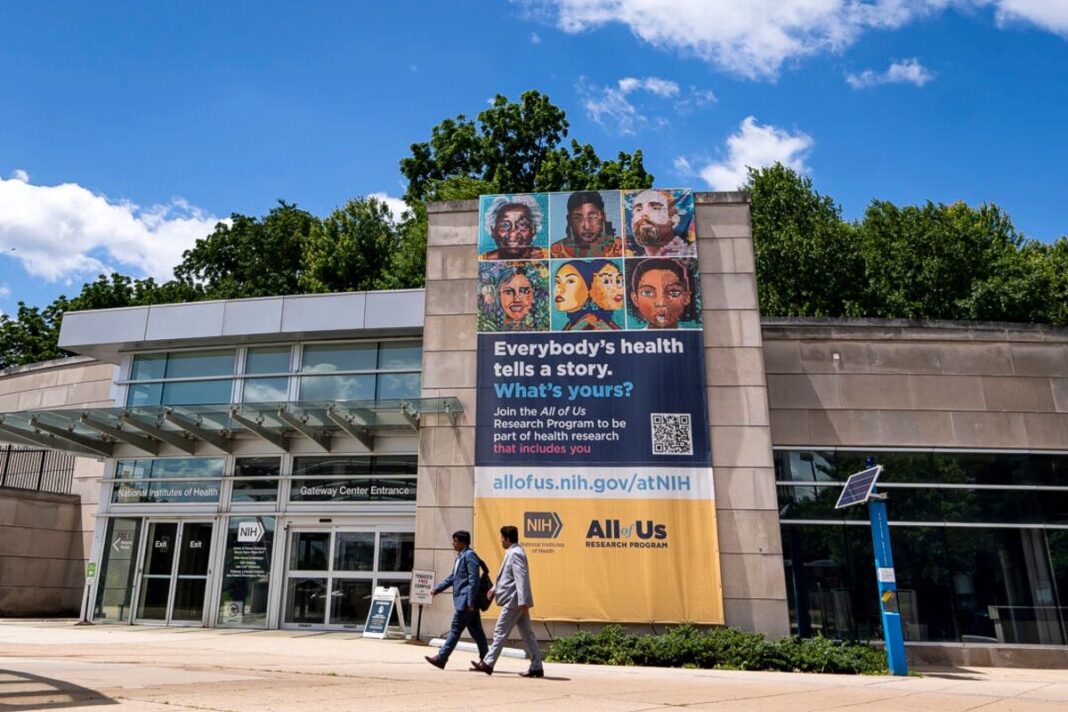The projects will examine possible causes such as pesticide exposure and maternal nutrition.
The National Institutes of Health (NIH) has selected 13 projects that will receive money under its Autism Data Science Initiative.
The NIH is awarding more than $50 million to researchers to study autism, including possible causes of the disorder.
One project is being led by Dr. Wendy Chung, chief of pediatrics at Boston Children’s Hospital. Chung’s team will explore possible non-genetic causes of autism, including air pollution and pesticide exposure, according to a description published by NIH on Sept. 22.
Chung has previously conducted research identifying genes said to cause autism. She also served as an expert witness for Kenvue in litigation brought against the company alleging it failed to warn that using Tylenol during pregnancy can increase the risk of autism.
“Genetic variants account for most known causes” of autism and attention-deficit hyperactivity disorder (ADHD), she wrote in one report in the case. Federal officials recently warned that acetaminophen use by pregnant women could lead to autism in their children.
Another project, whose principal investigator is Dr. Xiaobin Wang, a Johns Hopkins University professor who investigates early precursors of chronic diseases such as autism and obesity, will utilize data from a set of children who have been followed from before birth to address what causes autism, according to the project’s description. The data include maternal nutrition, medications, and infections early in life.
Wang has published studies from the birth cohort, including a 2019 paper that she said indicated in utero exposure to acetaminophen, Tylenol’s active ingredient, is linked to an increased risk of autism and ADHD, and a 2023 study that concluded children born to mothers who consumed a Mediterranean-style diet were less likely to have neurodevelopmental disorders such as autism.
A third project, from Judith Susanne Miller, a senior scientist at the Center for Autism Research at Children’s Hospital of Philadelphia, is aimed at identifying “genetic and environmental factors that lead to an autism diagnosis” and determining “how these factors have either contributed to or are reflected in the rising prevalence,” according to the project description.








